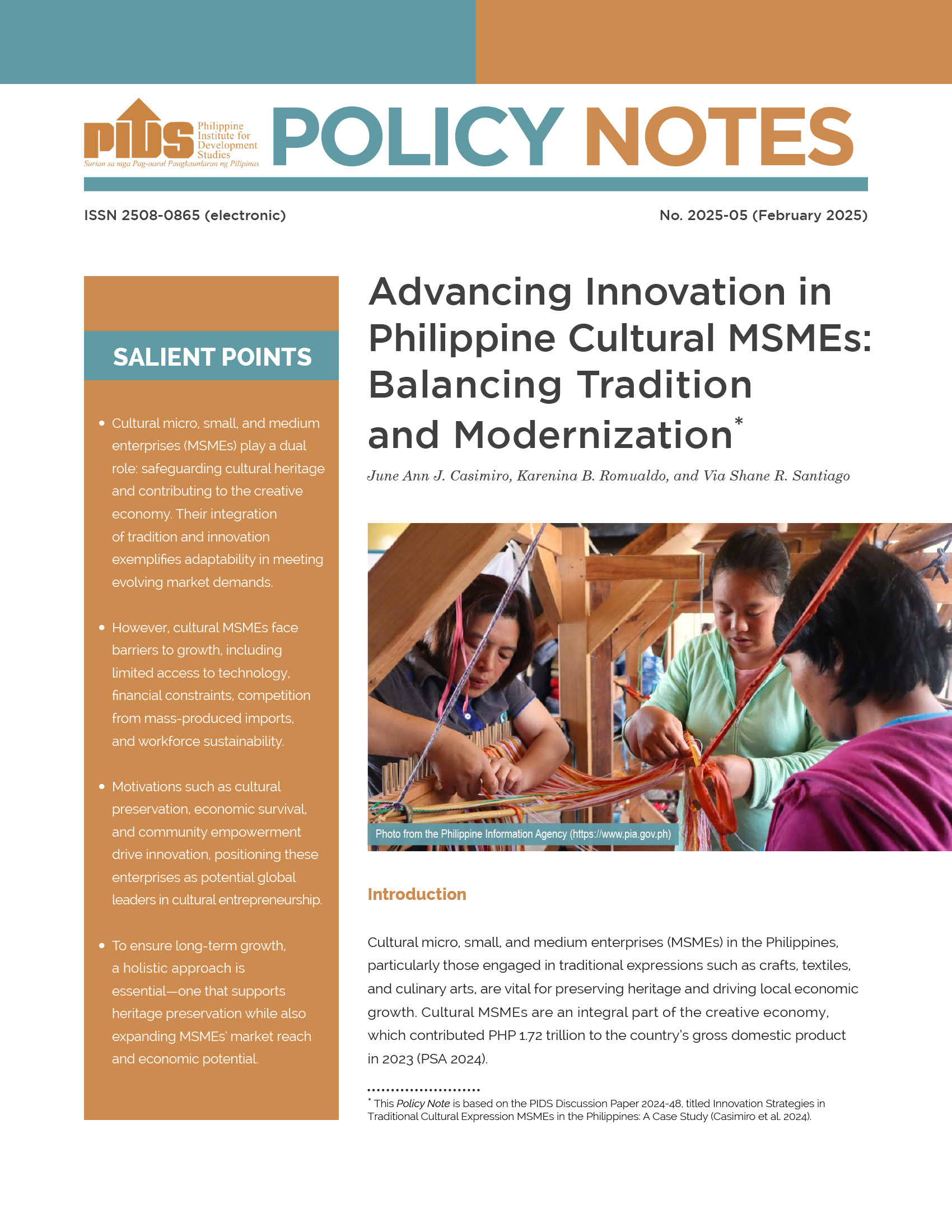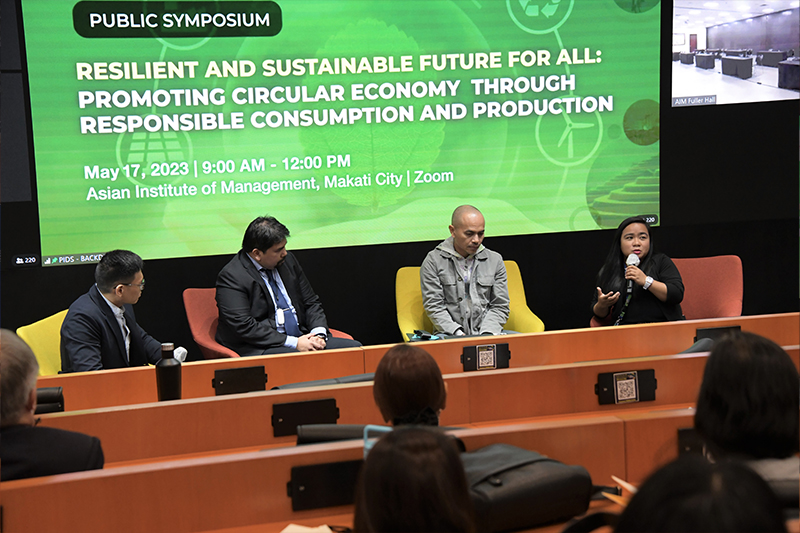Philippines Senate has deferred ratification of RCEP after Farmers and other civil society groups in the SE Asian country took cue from New Delhi's decision to stay out of RCEP and expressed strong reservations against the mega trade deal signed by the Duterte government.
The decision to defer ratification came after a group of farmers, fishers, civil society organizations, and the private sector in the Philippines expressed strong opposition to the ratification of the Regional Comprehensive Economic Partnership (RCEP).
The development came ahead of the Indian Foreign Minister's three-day visit to Manila beginning this Sunday. The visit comes after India and the Philippines signed a $374.96 million deal last month, under which New Delhi will export BrahMos missiles to the Asean country.
A position paper issued by the Federation of Free Farmers (FFF) of the Philippines had urged the country's Senate to defer concurrence on the free trade pact due to a lack of consultation with farmers and other stakeholders. The FFF position paper also warned about proposed RCEP rules which “will significantly hamper the application and effectiveness of trade remedies”.
But Philippines Trade Secretary Ramon Lopez remained optimistic that the Senate will eventually concur with the country’s participation in the RCEP when the session resumes this year.
Ernesto Ordonez, Philippine’s former agriculture and trade undersecretary, also backed protestors and suggested that the country study India's decision to stay out of the RCEP. Ordonez is of the opinion that rushing to enter trade agreements without due diligence could result in the death of businesses, job losses and a significant increase in poverty.
“Is RCEP hurtful to our citizens, and should we therefore opt out of RCEP like India did? If due diligence has not been done, our Senate should postpone the RCEP concurrence decision until the required work is done,” Ordonez recently wrote in a column in English daily Inquirer.
The Philippines, Indonesia, Thailand, Singapore, Malaysia, Vietnam, Cambodia, Laos, Myanmar and Brunei, and trading partners China, Japan, South Korea, Australia, and New Zealand have signed the RCEP in 2020. The RCEP was first introduced in November 2011 during the 19th Asean Summit in Bali, Indonesia. Negotiations commenced in early 2013.
India was originally a member of the RCEP drafting committee in 2011 but in 2019, the country opted out of the agreement citing some main concerns that were left unaddressed. One of those was the risk posed by imports to domestic industries. The Philippines is the only other country among RCEP negotiators where groups have voiced similar concerns.
The free trade agreement aims to make products and services available to the Asean member states and FTA partners. It will also eliminate a range of tariffs — taxes imposed on goods and services imported from another country — within 20 years.
The FFF, however, said it has not seen “any clear and consistent basis for classifying agricultural tariff lines in the country’s schedule of tariff concessions”.
FFF national manager Raul Montemayor in the position paper recalled: “The RCEP agreement, including its legal text and schedule of Philippine commitments, was finalised without consulting agri-fisheries stakeholders, many of whom are directly affected by the treaty’s trade rules and concessions.”
The FFF position paper also warned about proposed RCEP rules which “will significantly hamper the application and effectiveness of trade remedies”.
The FFF said under the RCEP, several existing policies on importation were likely to be thrown out.
But Lopez said the RCEP will play a role in boosting equitable economic growth, including for MSMEs, through the expansion of regional trade, services and investments linkages.
Francis Mark Quimba, a research fellow from the Philippine Institute for Development Studies, was quoted in an article by the government-run Philippine News Agency as saying that the country could lose 2% in GDP growth if the government failed to ratify the RCEP.
Philippines takes cue from India & defer RCEP ratification












